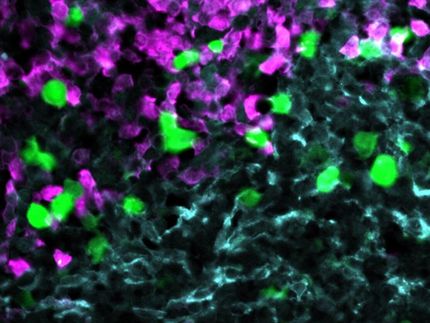Pall Systems Play Key Role in Landmark NIH Study on Cord Blood
Advertisement
As cord blood increasingly takes front and center stage as a critical source of stem cells for transplants, it has driven the need for consistent quality standards to ensure the safety and efficacy of this life-saving therapy. The newly published results of the landmark COBLT (Cord Blood Transplantation) Study advance standards for cord blood collection, processing and cryopreservation. Along with defining standard operating procedures, Pall Corporation products were the only sets used in the study for the collection, processing and cryopreservation of stem cells from umbilical cord blood.
Cord blood is now widely recognized as an emerging alternative to bone marrow as a viable source of hematopoietic (blood-forming) stem cells to treat pediatric and adult patients with leukemia, lymphoma, severe aplastic anemia and other lethal diseases of the blood or immune system and certain inherited metabolic diseases.
The COBLT study sponsored by the National Heart Lung and Blood Institute (NHLBI), one of the National Institutes of Health (NIH), was initiated in 1995 with the overall goal of determining the efficacy and safety of umbilical cord blood as a useful source of stem cells. The study was conducted by three major cord blood banks and six of the nation's leading transplant centers.
The results of the COBLT Study along with a recent Institute of Medicine (IOM) Report have further spurred the demand for cord blood stem cells. The study and the IOM report support new federal government initiatives to establish a national cord blood registry to ensure that all patients have access to stem cells. The government is preparing to open a national cord blood bank with the goal of providing an ample supply, about 150,000 cord blood units, and an efficient means of matching cord blood stems cells with patients of all ethnic backgrounds who require a transplant.
Pall's cord blood sets for collection, processing and cryopreservation are used by the New York Blood Center's (NYBC) National Cord Blood Program, the world's oldest and largest public cord blood bank. Under an investigational protocol and IND filed with the U.S. Food and Drug Administration, NYBC makes cord blood available to physicians treating children and adults faced with a life-threatening illness who need a stem cell transplant from an unrelated donor. Pall's sets are also used by the booming private cord blood banking industry, where pregnant women can arrange to store their own newborn's cord blood in case a family member ever needs it.
In addition to providing tools that enable cord blood banking, Pall Corporation is actively involved in applying and adapting its extensive proprietary systems technology portfolio and expertise in blood filtration and separation to the broader field of regenerative medicine, including cell harvesting and purification, adoptive immunotherapies and cytokine production.






















































